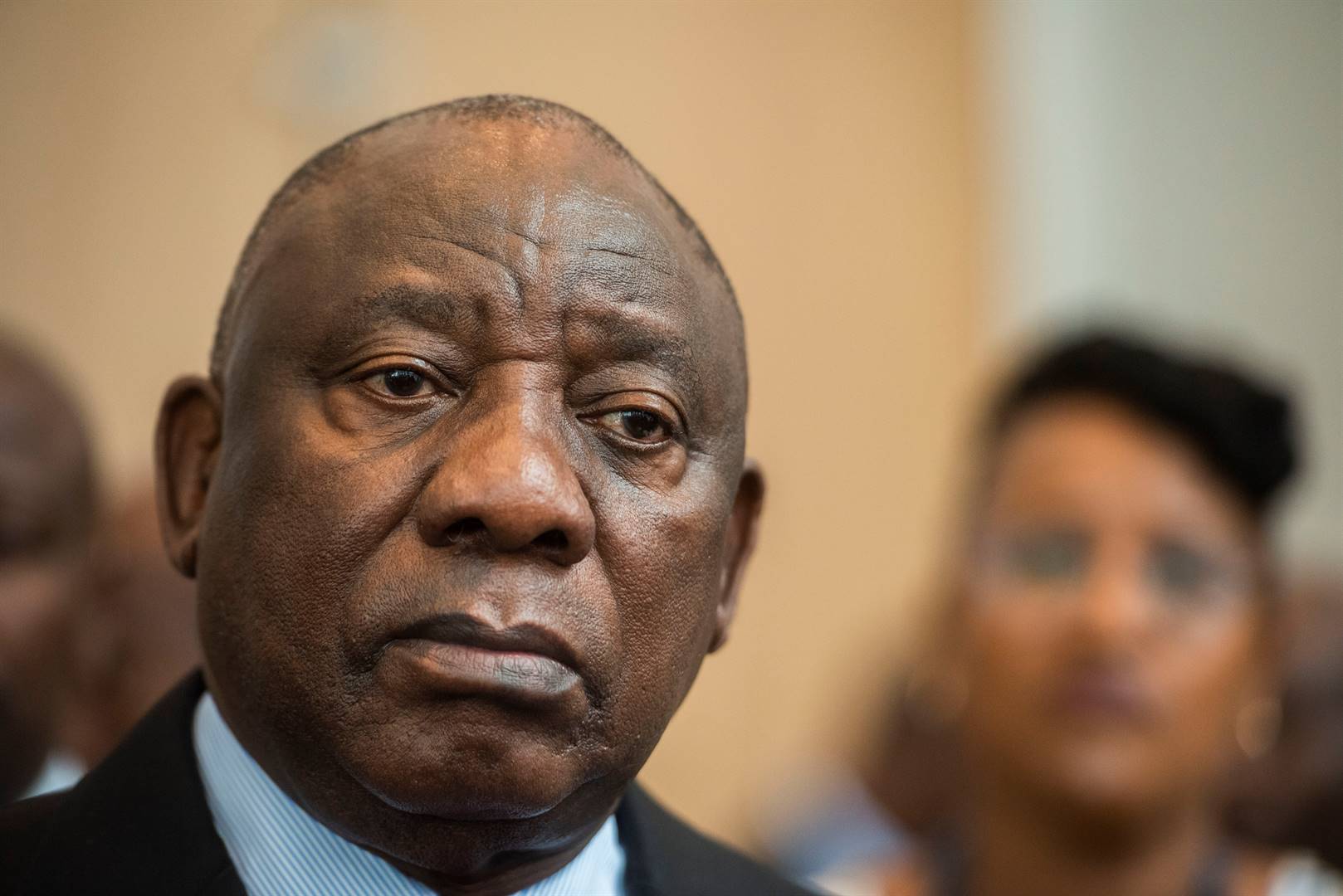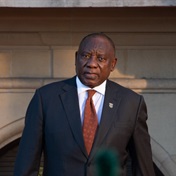
Women's economic empowerment is an important pillar of our struggle to end gender-based violence and femicide. We have recognised that unequal access to resources and economic opportunity makes it more difficult for women to escape situations of abuse and violence, writes Cyril Ramaphosa is in his weekly newsletter.
Dear fellow South African,
Later this week, on 8 March, we will join the rest of the world in celebrating International Women's Day. This is a day to celebrate achievement and progress, but it is also a day to focus on what must still be done to achieve equal rights and opportunities for women.
At the centre of this effort is the economic empowerment of women. We must tackle the many challenges that stand in the way of women's full participation in economic activity.
From the beginning, we must ensure that girls and young women have equal access to education and a chance to succeed. They need to be able to pursue studies of their choice, especially in areas that have traditionally been the preserve of men. One of the achievements of the democratic South Africa dispensation is that girls and boys are equally represented in primary and secondary education.
It is significant that more women passed the matric exams last year and got more distinctions than their male counterparts. There are currently more women students enrolled at institutions of higher learning than men. This is great progress. But it has yet to translate into the economy, where women are more likely to be unemployed than men.
Women's economic empowerment
Around half of all women in South Africa are unemployed, including those who have given up looking for work. Moreover, on average, women still earn far less than men. We must overcome the idea that a woman's place is in the home.
Even women who have jobs are often expected to do housework and childcare, making it more difficult for them to find employment, earn a decent wage, be promoted or start a business. This is a situation we are determined to change in South Africa and advocate for change across the world.
Women's economic empowerment is an important pillar of our struggle to end gender-based violence and femicide. We have recognised that unequal access to resources and economic opportunity makes it more difficult for women to escape situations of abuse and violence.
On International Women's Day, we call on men and women across society to strengthen the fight against gender-based violence. Globally, South Africa is actively involved in the UN Women's Generation Equality campaign, which is mobilising countries and people worldwide to achieve gender equality in this generation.
South Africa is co-chairing the Action Coalition on Economic Justice and Rights as part of this initiative. Through this we are working for economic transformation that empowers and benefits women. Practically, this means improving access for women to financial services, business opportunities, land and technology.
READ | Melanie Verwoerd: Unfair and discriminatory: The practice of unequal pay needs to end
On the African continent, we are supporting the adoption of a Protocol on Women in Trade to promote the participation of women in the African Continental Free Trade Area. This is a huge opportunity to enable women-owned businesses to benefit from the rapid growth in trade between African countries over the next few years. South Africa needs to be ready to make use of the opportunities that arise on the continent.
As a country, we must shift economic power into the hands of women through, among other things, earmarking 40% of all public procurement for women-owned businesses. To achieve this, government has been providing training to women entrepreneurs so that they can tender for government work and successfully provide the goods and services that government needs. To date, we have trained more than 6 000 women-owned enterprises. But that is only a start.
Our ambition is to open up opportunities for women businesses in the broader economy. We held the Women Economic Assembly for the first time in 2021, bringing women-owned businesses and established businesses together to explore partnerships and make deals.
Investment for women-led businesses
The second Women Economic Assembly was held last year. From these events, opportunities for women-owned businesses are being created in several industries. These include agreements for women farmers to provide large retailers with produce ranging from dried chillies to chicken.
A new black women-owned textile manufacturing plant began production in October last year with support from the Industrial Development Corporation (IDC). As part of the commitment of the motor industry to gender transformation, four new car dealerships owned by black women were also launched last year.
READ | Busi Mavuso: Pay gap disclosure will do little to address inequality in SA
As I reported in the State of the Nation Address, the IDC has earmarked approximately R9 billion to invest in women-led businesses. Other entities, including the Public Investment Corporation and the National Empowerment Fund, have also committed to establish special purpose vehicles to support women-owned businesses.
At the same time, as we develop business opportunities, we need to ensure that women and men receive equal pay for work of equal value. Across the economy, women are paid on average less than their male counterparts doing similar work. Ending the gender wage gap must therefore be a priority of all social partners, especially government, business and labour, if we are to achieve an equal and just society.
Shared commitment
There are other areas where government is working with partners to improve the economic position of women. The Presidential Employment Stimulus, for example, has provided work and employment opportunities to more than a million people since it was launched in 2020. Of these, more than 60% were women.
Similarly, of the 140 000 small-scale farmers to whom government provided vouchers to buy seeds, fertiliser and equipment, 68% were women. These initiatives are making a real difference in women's lives. They are giving meaning to the commitments we've made through Generation Equality and other international and continental campaigns.
On this International Women's Day, we should celebrate these achievements. But we must also recognise that the gap between the economic position of men and women is still huge. We must use this day to reaffirm our shared commitment to work even harder to narrow that gap and to, within a generation, get rid of it.
With best regards.
Disclaimer: News24 encourages freedom of speech and the expression of diverse views. The views of columnists published on News24 are therefore their own and do not necessarily represent the views of News24.




 Publications
Publications
 Partners
Partners























